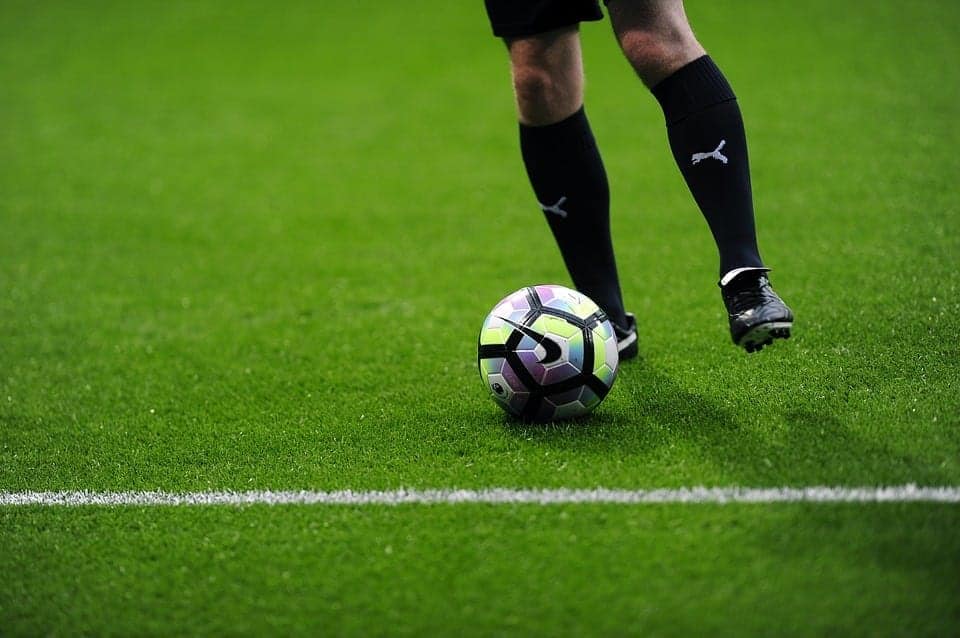On average, domestic abuse rises during Football seasons in the UK, local councils have issued a warning about domestic abuse which signposts victims to support services as the Euro 2020 kicks off.
The most detailed research into the links between the football and domestic abuse rates has revealed that in one force area in England and Wales, violent incidents increased by 38% when England lost – but also rose by 26% when they won. The research, by Lancaster University criminologist Dr Stuart Kirby, a former police officer, monitored police reports of domestic violence during previous World Cups from 2002 to 2014.
While domestic violence rose after each England game, incidents also increased in frequency at each new tournament.
The risk of domestic abuse rises during major football tournaments with the high emotion involved, an increase in the consumption of alcohol and the warm summer weather. Women’s Aid is keen to reduce sexist micro aggressions, which they believe contribute to a culture of misogyny.
Teresa Parker, of Women’s Aid, a leading domestic abuse charity, said: “While football doesn’t cause domestic abuse, big matches can be a catalyst for an uplift in reports, and an exacerbation of existing abuse.
“That is why we developed the Football United Against Domestic Violence campaign in 2014, and we have worked closely with football clubs and organisations since then to raise awareness of both domestic abuse and the sexist attitudes that underpin it.
“Throughout the Euros we have a Football United poster which signposts to support, which we are asking people to download and share, to help raise lifesaving awareness of the help and information that is available.“
For victims of domestic abuse, it is important to be aware that the first step to protection is for victims to contact the police. Victims can also apply to the Family Court for injunction orders against perpetrators, forbidding them from molesting, intimidating and harassing them, as well as orders to require the perpetrator to stay away from the family home. For further advice you should contact Family Law Specialist Kerry Russell on 0161 930 5151 or email Kerry.russell@gorvins.com.

